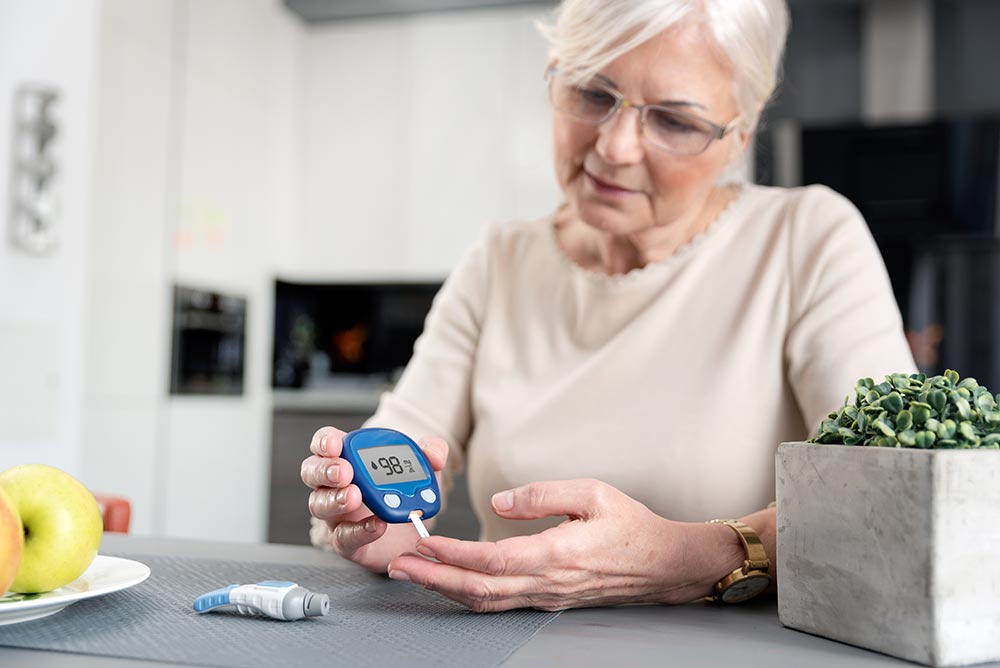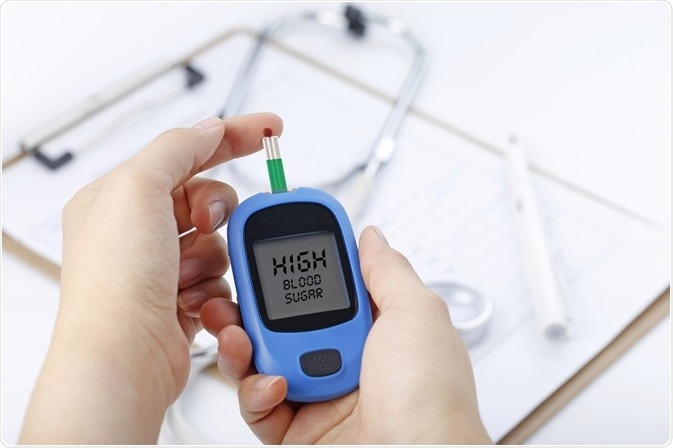Why Your Blood Sugar Jumps in the Morning: Understanding the Dawn Phenomenon
You go to bed feeling confident, your blood sugar levels steady after a day of mindful eating. But come morning, your glucose meter shows an unexpected spike. How is it possible to wake up with high blood sugar when you haven’t eaten overnight? The answer lies in a lesser-known but common occurrence called the dawn phenomenon—a natural early-morning rise in blood sugar that can be tricky for people with diabetes.

What Is the Dawn Phenomenon?
The dawn phenomenon refers to the increase in blood sugar that typically occurs between 2 a.m. and 8 a.m. Everyone experiences it to some degree, but in people with diabetes, the spike can be more pronounced and harder to manage.
Why It Happens
Your body’s internal clock, or circadian rhythm, sets the stage for waking up. In the early morning hours, hormones like:

Cortisol
Growth hormone
Adrenaline (epinephrine)
Glucagon

signal your liver to release stored glucose, giving your body the energy needed to start the day. In individuals without diabetes, insulin naturally balances this release. But for those with diabetes or insulin resistance, insulin either isn’t sufficient or isn’t used effectively, causing blood sugar to rise unexpectedly.
Signs You Might Be Experiencing It

Higher fasting glucose in the morning than at bedtime
Low or normal blood sugar before sleep
Morning fatigue, thirst, or brain fog
Dry mouth or headaches upon waking
How to Confirm the Pattern
To determine if the dawn phenomenon is affecting you:
Check blood sugar before bedtime
Test again around 3 a.m.
Measure immediately upon waking

If your morning reading is higher than the 3 a.m. level, the dawn phenomenon is likely the cause.
Ways to Minimize Morning Spikes
Rethink dinner: Favor protein, fiber, and healthy fats over heavy carbs.
Consider a bedtime snack: Small protein-rich options, like Greek yogurt or a boiled egg, may help.
Stay active: Regular physical activity improves insulin sensitivity; even a brief walk after dinner can help.
Review medications: Speak with your doctor about timing or dosage adjustments.
Prioritize sleep: Quality rest keeps cortisol in check.
Reduce late-night screen exposure: Blue light can disrupt hormones that influence blood sugar.
When to Seek Medical Guidance
Persistent morning spikes shouldn’t be ignored. Chronic elevated fasting glucose can increase risks for cardiovascular disease, nerve damage, and vision problems. Your healthcare provider can help tailor strategies or adjust treatment to manage early-morning blood sugar effectively.
✅ Conclusion
The dawn phenomenon is a natural part of your body’s cycle, but for people with diabetes, it can create frustrating morning challenges.
By adopting balanced evening meals, mindful exercise, better sleep, and professional guidance, you can reduce these early-morning spikes and start your day with steadier, healthier blood sugar levels.
Understanding your body’s rhythm is key to taking control and greeting each morning with confidence.
